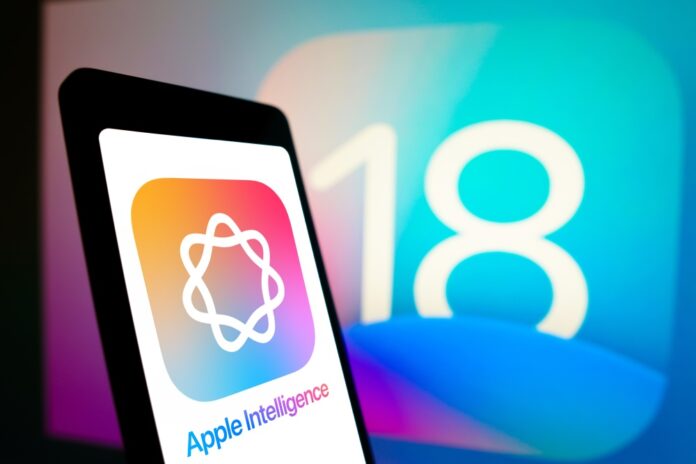Apple Intelligence generated the most interest at the Glow Time event yesterday, but it still lags Google – and meanwhile, both suffer setbacks in Europe’s highest court
Yesterday Apple launched the iPhone 16 series of phones with embedded Apple Intelligence, plus the Watch 10 series and AirPods4.
Anisha Bhatia, Senior Technology Analyst at GlobalData, commented, “Apple Intelligence…stole the show at the event in Cupertino, marking a milestone for the tech giant. The new phone series is Apple’s first to be engineered from inception to fully integrate on-device…AI capabilities and includes its latest A18 series of chipsets.”
Taxing times in Europe
Apple Intelligence features including improved Siri, writing aids, Mail and notification summaries are to launch next month in US English. They will be rolled out in “localised English” in the UK, Australia, Canada, New Zealand and South Africa in December. Chinese, Japanese, French and Spanish are to follow next year.
However, Apple has already had to delay launching three new AI features in Europe until 2025, namely Phone Mirroring, better SharePlay Screen Sharing enhancements and Apple Intelligence due to regulatory uncertainties.
The European Commission is concerned about whether App Store rules breach of the Digital Markets Act (DMA). This is because they prevent app developers from freely steering consumers to alternative channels for offers and content. Apple repeated its mantra that the EU’s regulations would force it to compromise its devices’ security.
We await developments DMA developments in Europe (the Verge’s coverage of this is well worth reading), but with exquisite timing, the European Union’s highest court, the European Court of Justice (ECJ), has ruled that Apple must pay €13 billion in back taxes.
The ruling relates to a case brought in 2016 by the Union’s Competition Commissioner, Margrethe Vestager. Ireland was accused of giving Apple a favourable deal that was illegal, in effect charging the company taxes of below 1%. The decision was overruled by an intermediate court in 2020, but the original decision has now been reinstated, meaning that Ireland is obliged to recover “the unlawful aid” it granted to Apple.
Late to the party
European regulation or no, Apple is very much viewed as playing catch-up. There was feverish anticipation about how Apple Intelligence (“AI for the rest of us”) would translate into products after it was announced by Tim Cook, Apple’s CEO, at the Worldwide Developers Conference (WWDC) 2024, also in June.
Bhatia notes, “Apple was the last major OEM to integrate AI into its devices…Apple Intelligence will focus on language, image, and action generation, drawing upon the personal context and will be supported by various on-device generative models. These models will dynamically learn from and adapt to individual users.
“The integration of this technology into Apple’s ecosystem will occur in a phased manner over the next few years. Meanwhile, Google will race ahead taking its Gemini AI models to 200 million Android devices by the end of 2024.”
Bhatia also points out that, “Google is…intensifying its focus on hardware, as evidenced by its expansion into retail with the opening of new stores in Boston, Chicago, and Santa Monica to enhance its presence in the consumer hardware sector, an area where it has previously shown modest results.”
She says Google is investing “substantial marketing resources” to highlight its AI capabilities and strategically “positioning itself as a frontrunner in the AI-driven consumer technology arena”.
Still, Apple can match just about anybody’s financial resources and already has an established and iconic retail chain with more than 530 shops in 27 regions around the world. Consequently, as Bhatia states, it “is well-equipped to promote its AI initiatives and showcase the power of on-device intelligence to consumers.
Nevertheless, “The upcoming iPhone cycle is crucial for Apple after multiple years of lacklustre sales, especially in China, regulatory scrutiny, and a loss in market cap to Microsoft and Nvidia on the strength of their AI business. Apple will have to upsell its AI significantly,” she concludes.
Google loses landmark European case
Meanwhile, Google too is in hot water with the authorities in Brussels. In a separate ruling, the ECJ found the search company had abused its market power by ranking its own shopping services above those of rivals, thereby giving itself “illegal and unfair advantage”. Google will now have to pay a fine of €2.4 billion.
It is possible that neither Apple nor Google will mourn the end of Vestager’s decade-long stint as Competition Commissioner which is expected to draw to a close this autumn.



